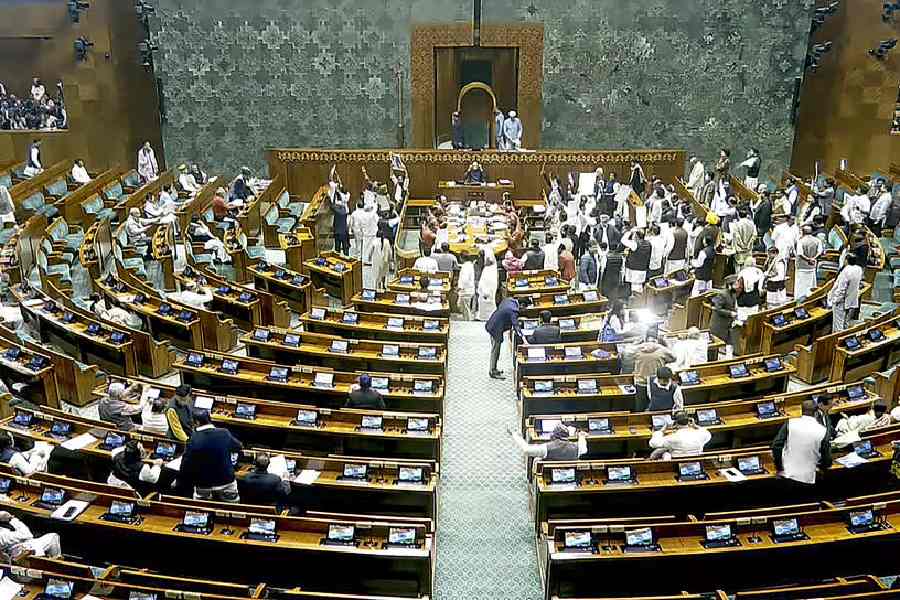As expected, the Waqf (Amendment) Bill was passed in the Lok Sabha after a protracted — stormy — debate between the government and the Opposition. The strategies adopted for this war of words reflected the differences in the perspectives of the two contestants. The Bharatiya Janata Party focused on portraying the Waqf Act of 1995 as a tool to facilitate the appeasement of the Muslim constituency by its political rivals as well as an instrument that encouraged dubious acquisitions. The Union home minister and the minority affairs minister suggested, with characteristic aggression, that the United Progressive Alliance government had abetted the capture of temples, churches and even the Parliament building by bringing amendments to the Waqf Act before the 2014 elections. This apparently prompted the Narendra Modi government to bring a corrective legislation. Strikingly, both leaders took care to assure the House that the new legislation would not have retrospective effect and reiterated that the Centre did not wish to intervene and upend Muslim religious practices. A leader of the Janata Dal (United), one of the BJP’s allies that helped the party pass the contentious bill, chimed in by stating that the Bill would assist poor Muslims and Muslim women. The Opposition, speaking in one voice, chose to torpedo the Centre’s claims. Asaduddin Owaisi, for instance, pointed out that the amendments that Mr Modi’s dispensation claimed had helped the UPA weaponise the Waqf Act for electoral gain had, in fact, been supported by BJP leaders like L.K. Advani and Sushma Swaraj. The unconstitutional nature of the new legislation, the dilution of the constitutional structure and the disenfranchisement of the minority community constituted the main thrusts of the Opposition’s counter-arguments.
The claims and concerns notwithstanding, the real test of the acceptability of the vision propounded by the Waqf Bill would be in the people’s court. Some controversial changes are likely to feature in a public appraisal that is objective. The bill, to cite one change, seeks to extend the power of the Waqf Board to decide if a property can be identified as Waqf property to the district collector. Again, the inclusion of non-Muslim representatives in the Central Waqf Council and the State Waqf Boards along with denying non-Muslims the right to make a property Waqf are likely to cause concern. In fact, these issues would undoubtedly feature in the litigations that appear likely. Perhaps the only redeeming feature about this entire episode was the vocal debate that was witnessed on the matter. Democracy need not fetch a consensus; but it must feature a debate.










